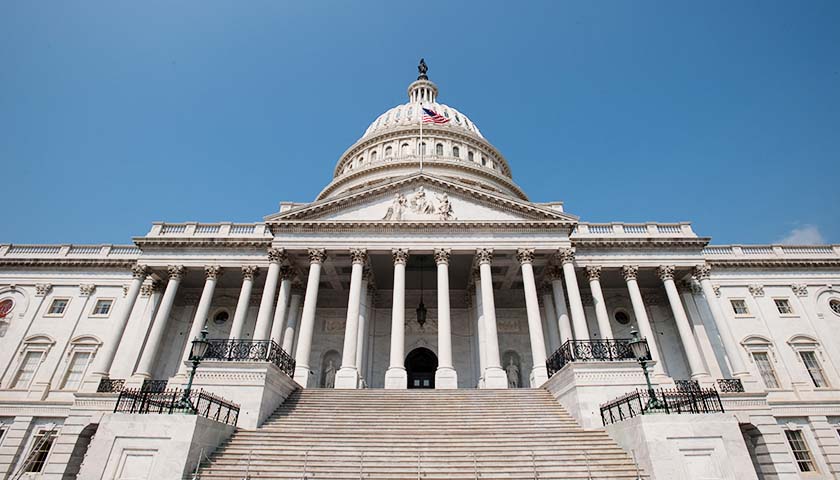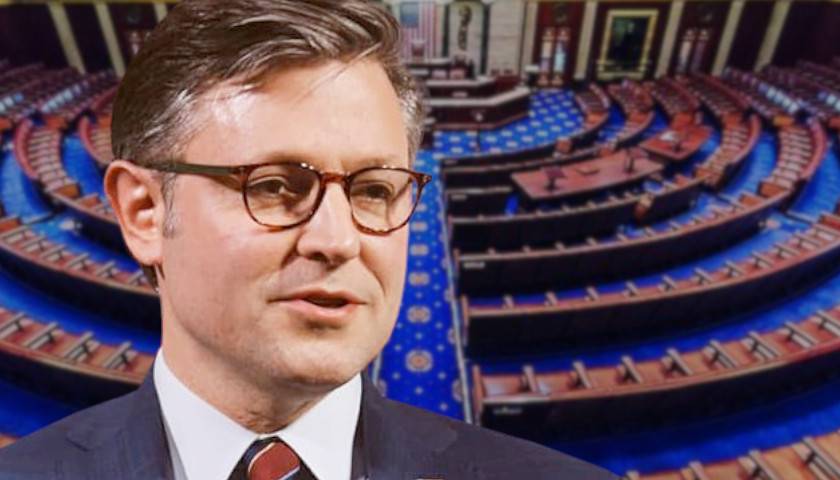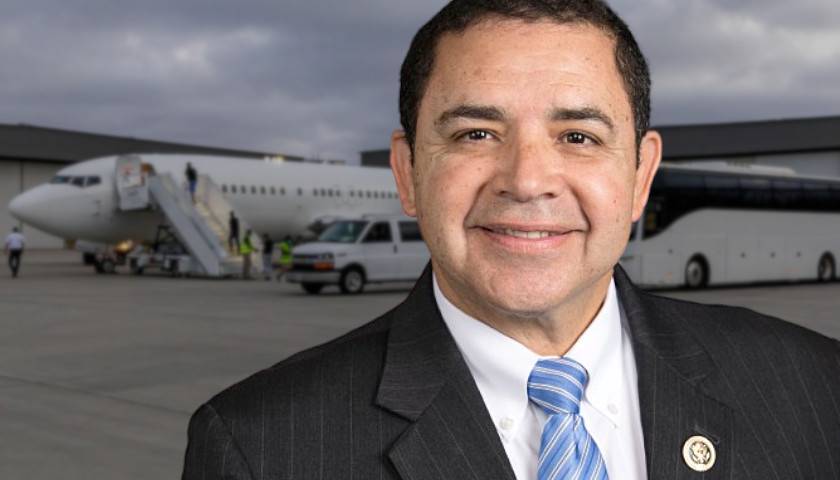by Kevin Vallier
The Republican Party is divided. An older generation supports limited government. A younger generation wants to use a large government to pursue unapologetically conservative ends.
Less than a decade ago, the Republican Party seemed wholly committed to limited government, and 2016 was thought to be a “libertarian moment.” Then Donald Trump changed everything.
Trump emerged because repeated attempts to shrink the state had failed. Defenders of limited government hoped that citizens would vote to limit or restrain untrustworthy government. But Republican voters did not respond accordingly. They opposed those who abused government power, not the power itself — so they attempted to give power to outsiders. In 2016, they succeeded.
And so, rather than promising to shrink the state, Trump promised to “drain the swamp.” He would replace Washington insiders and globalists with a new breed of populist leaders. Though Trump did cut taxes and regulations and support school vouchers, he had no interest in limiting the national debt or privatizing Social Security.
In speaking about excess government, Edmund Burke once wrote that, “In vain you tell me that Artificial Government is good, but I fall out only with the Abuse. The Thing! The Thing itself is the abuse!”
American voters do not agree.
What if supporters of limited government had fought to increase government trustworthiness? Government trustworthiness varies from state to state and country to country. Public trust in government varies accordingly.
In many cases, trusted politicians listen to arguments for policies. They do not obsessively track their constituents’ every flight of fancy. When a politician feels mistrusted, she will desperately seek approval. She will consult, poll, and entertain, rather than listen to policy arguments.
We can see the results in the Nordic countries. Trust in government there is much higher than in the U.S. These nations passed many market-oriented reforms. They have freer economies than the United States in many respects. Why? Politicians have more leeway to listen to expert opinion. Granted, expert opinion is often wrong, but in some cases, politicians accepted economic arguments for adopting markets and cutting government.
After World War II, the Nordic countries had become convinced of the virtues of democratic socialism. But they moved sharply away from democratic socialism in the 1980s and 1990s. They now have what might be called capitalist welfare states. Their governments make extensive use of markets, though they also redistribute wealth to fund expansive social services. The Nordic countries don’t exemplify the limited government ideal, but they enjoy peace and prosperity. They grow despite the disincentives that arise from redistribution.
The United States has a more market-oriented culture than the Nordic countries. We have more capitalist spirit, even if we do not have the freest economy. Perhaps if we increased governmental trustworthiness, politicians would have more latitude to express that capitalist spirit in public policy. Perhaps our government would be smaller than it is today.
Here’s another problem with sowing political distrust. Politicians absorb the attitudes of their supporters, and often they win elections because voters sense that they also mistrust government. These politicians talk about cleaning up Washington, and when they reach Washington, they bring their mistrust with them. When politicians don’t trust each other, they find it harder to compromise and pass effective policies.
Consider the current morass in Congress. The Democrats can barely cooperate with one another, let alone with Republicans. The Democrats have no margin for error because Republicans wholly oppose Democrats’ policy priorities. What matters to Republicans – and to Democrats – is loyalty to their tribe. The other side is the hated out-group. Working with them looks like collaborating with the enemy. The result: low-trust politicians who cannot legislate.
Distrust between politicians manifests itself in many ways. When Republicans propose a tax cut, Democrats howl that Republicans care only about rewarding the rich. When Democrats propose an expansion of the social safety net, Republicans cry socialism. Both responses, at best, stretch the truth. Politicians should be able to propose policies without being accused of bad faith.
The consequences simply reinforce mutual distrust. Congress can’t get anything done. The public distrusts Congress because of perceived incompetence and corruption. Republicans and Democrats mistrust one another, so they can’t pass policies that would strengthen common bonds. I call these dynamics trust traps – where distrust begets further distrust.
Today, young conservatives are increasingly disenchanted with limited government. They want to turn the powers of the state to their own ends. They don’t trust the state in the hands of the left, but they trust themselves to use power well. This self-trust is a mistake. Power still corrupts.
We must limit government, not just change who controls it. We cannot reach freedom and prosperity together without those limits on power. But reaching our common goals may require something counterintuitive: making government more trustworthy. If we can do that first, then maybe we can find a way to shrink the state, and not just drain the swamp.
– – –
Kevin Vallier is a contributor to RealClearPolicy. He is an Associate Professor of Philosophy at Bowling Green State University. Follow him on twitter @kvallier.





